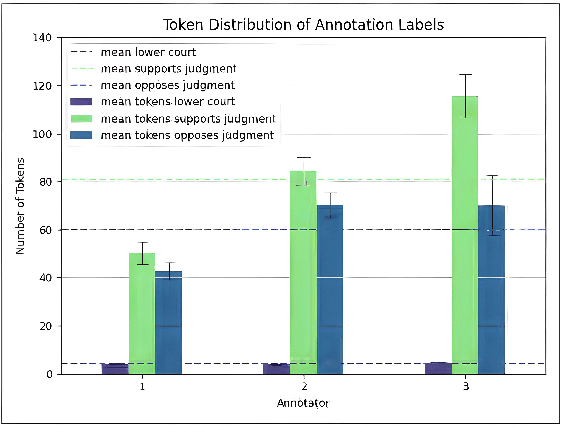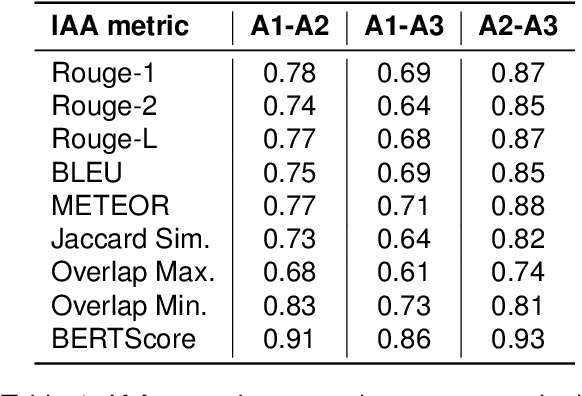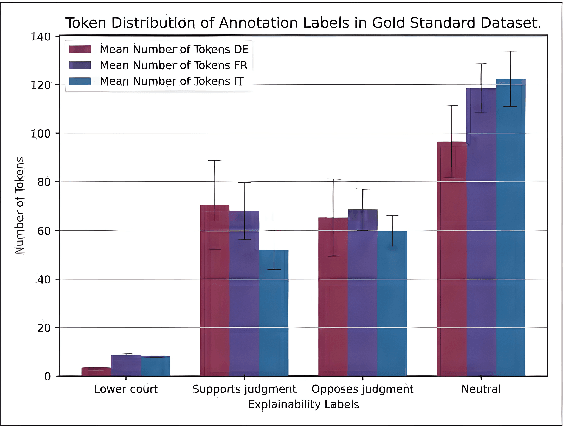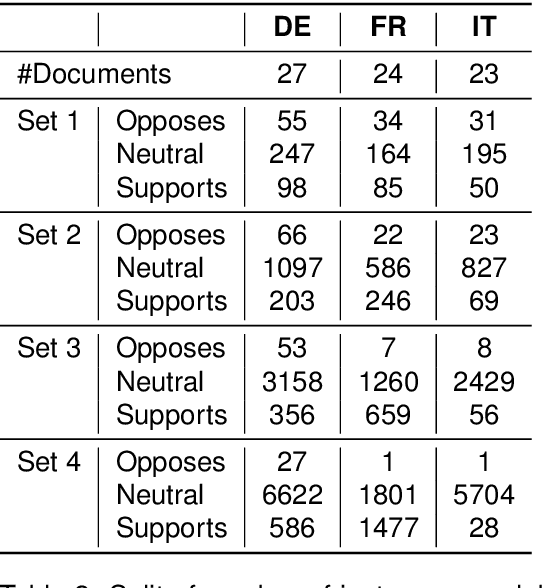Towards Explainability and Fairness in Swiss Judgement Prediction: Benchmarking on a Multilingual Dataset
Paper and Code
Feb 26, 2024



The assessment of explainability in Legal Judgement Prediction (LJP) systems is of paramount importance in building trustworthy and transparent systems, particularly considering the reliance of these systems on factors that may lack legal relevance or involve sensitive attributes. This study delves into the realm of explainability and fairness in LJP models, utilizing Swiss Judgement Prediction (SJP), the only available multilingual LJP dataset. We curate a comprehensive collection of rationales that `support' and `oppose' judgement from legal experts for 108 cases in German, French, and Italian. By employing an occlusion-based explainability approach, we evaluate the explainability performance of state-of-the-art monolingual and multilingual BERT-based LJP models, as well as models developed with techniques such as data augmentation and cross-lingual transfer, which demonstrated prediction performance improvement. Notably, our findings reveal that improved prediction performance does not necessarily correspond to enhanced explainability performance, underscoring the significance of evaluating models from an explainability perspective. Additionally, we introduce a novel evaluation framework, Lower Court Insertion (LCI), which allows us to quantify the influence of lower court information on model predictions, exposing current models' biases.
 Add to Chrome
Add to Chrome Add to Firefox
Add to Firefox Add to Edge
Add to Edge